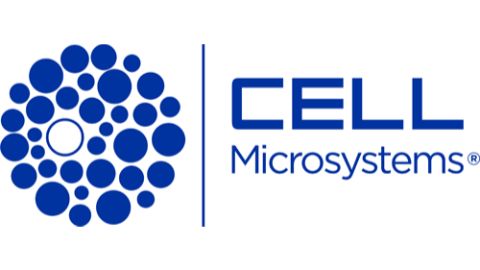Fingerprinting analytical strategy used for authentication of honey

To find the most reliable methods for authentication of food or food ingredients has always been a challenging issue. Our research is of particular interest in the geographical discrimination of honey from different floral sources and different regions of Romania as support for quality assessment and classification activities. This study demonstrates both the benefits and the advantages of coupling different analytical techiques in order to ensure honey authenticity due to the fact that honey is a complex mixtures of molecules (toxins and peptides) and a challenging product to analyze. The control of quality and the assumption of the claimed botanical and geographical origin of honey, which is associated to the producing vegetation area, flowering period of the plants, are of prime importance for stakeholders from apiary industry in order to reinforce the consumer trust. Concerning the various possibilities of honey adulteration, peptide mass fingerprinting (PMF) and protein profiling methods have been used. This study reports also the use of isotope ratio mass spectrometry (IRMS) and site-specific natural isotopic fractionation measured by nuclear magnetic resonance (SNIF-NMR) for the assignment of origin and the proof of adulteration. The analyzed honey samples were from different geographical areas and different botanical origin. A fast, suitable and alternative technique to classify honey samples according to their geographical origin was developed based on PMF using matrix assisted laser desorption ionization time-of-flight mass spectrometry (MALDI-TOF MS).
Acknowledgement: This study has been financed by the Romanian Ministry of Education and Research, National Authority for Scientific Research, 19N/2009 NUCLEU Program, under Project PN 09190205: „Investigations concerning natural products' characterization and authentication based on their protein profile assessment”, and with the support of the doctoral School “Faculty of Applied Chemistry and Materials Science” Politehnica University of Bucharest.
Acknowledgement: This study has been financed by the Romanian Ministry of Education and Research, National Authority for Scientific Research, 19N/2009 NUCLEU Program, under Project PN 09190205: „Investigations concerning natural products' characterization and authentication based on their protein profile assessment”, and with the support of the doctoral School “Faculty of Applied Chemistry and Materials Science” Politehnica University of Bucharest.





